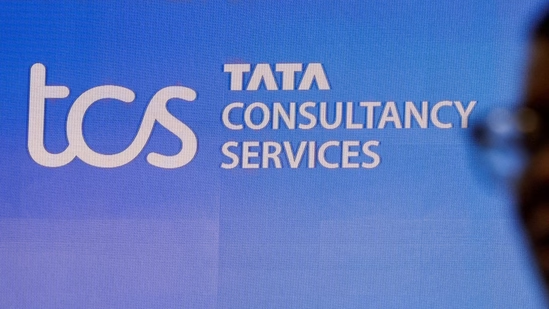
Employees
In a surprising turn of events, Tata Consultancy Services (TCS), India’s largest IT services firm, is reportedly planning to lay off over 12,000 employees as part of a strategic realignment and cost-optimization initiative. This move, which comes amid a global wave of tech layoffs, has sent shockwaves through the Indian IT industry and raised concerns about job stability in the sector. As TCS attempts to future-proof its operations and focus on automation and efficiency, the big question remains: Who will these job cuts affect the most?
A Strategic Restructuring Amid Economic Pressures
TCS’s decision is reportedly driven by multiple factors — a slowdown in global IT spending, inflationary pressures, tightening budgets from key clients in the U.S. and Europe, and the need to streamline operations. While the company remains profitable and continues to bag major contracts, it is now shifting focus towards automation, cloud computing, and AI-based services. In this process, some roles are becoming redundant or being replaced by more technologically advanced solutions.
This is not an isolated case. Over the past year, tech giants such as Google, Amazon, Meta, and Infosys have also resorted to large-scale layoffs. The broader tech industry seems to be undergoing a transition, with companies re-evaluating their workforce strategies and aligning them with the demands of the post-pandemic digital economy.
Who Will Be Most Affected?
According to internal reports and analysts, the layoffs at TCS are likely to disproportionately affect mid-level employees with 8–12 years of experience, many of whom are working in legacy systems or support roles that are being phased out. Several of these positions are being automated or outsourced to more cost-effective service lines.
Here’s a breakdown of the employee categories likely to be impacted:
- Mid-Level Managers and Supervisors: In a bid to reduce the “fat layer” in management, TCS is likely to cut several mid-tier leadership roles. These employees draw higher salaries but are increasingly seen as replaceable with agile project management tools or consolidated roles.
- Non-Billable and Bench Resources: Employees not currently deployed on any client project — often referred to as being “on the bench” — may face the most immediate threat. These include roles where upskilling has not kept pace with current technology needs.
- Support and Maintenance Staff: As clients demand more automated and AI-driven infrastructure solutions, traditional IT support and system maintenance roles are gradually being replaced. Employees working in areas like on-premise server management, helpdesk support, and older programming languages are particularly vulnerable.
- Freshers on Probation or Trainees: Though not in massive numbers, a section of new hires still in the probation period may also be affected, especially if their training performance or deployment potential is deemed low.
- Overseas Employees: With tighter U.S. visa norms and increasing operational costs abroad, TCS may also scale back some international roles and shift the workload back to India-based delivery centers.
Upskilling and the Need for Transformation
TCS has emphasized in several statements the importance of upskilling and reskilling. Employees who have proactively transitioned to cloud computing, AI/ML, DevOps, and cybersecurity roles are less likely to be affected by the layoffs. In fact, these areas are seeing continued hiring and growth within the company.
The company has reportedly ramped up its internal digital learning platform, urging employees to pivot toward emerging technologies. Those who remain stagnant in obsolete tech stacks or resist change may unfortunately find themselves on the chopping block.
Client Demands and Automation Drive Layoffs
TCS is facing increasing demand from global clients to deliver faster, cheaper, and more efficient solutions. Automation and AI tools are being aggressively deployed across industries, including banking, retail, and manufacturing — TCS’s core clientele. As a result, the firm is investing heavily in next-generation platforms that require fewer manual interventions and smaller teams to manage.
Moreover, geopolitical tensions and rising costs in overseas markets are prompting Indian IT firms to cut expenses and operate leaner. The post-pandemic boom in IT spending has normalized, and companies are now forced to reconsider aggressive hiring done during the 2020–2022 surge.
What Lies Ahead for Employees?
For TCS employees, this news comes as a wake-up call. While the company still employs over 600,000 people globally, and its leadership claims that the restructuring is aimed at making the organization “future-ready,” uncertainty looms large for those whose skillsets do not align with the company’s forward-looking roadmap.
The message is clear: Adapt, upskill, or risk redundancy. In today’s fast-evolving digital landscape, job security is increasingly tied to continuous learning and technological adaptability.
Conclusion
TCS’s decision to lay off over 12,000 employees marks a significant moment in the evolution of India’s IT services sector. As the company pivots toward a more automated, AI-driven future, roles tied to legacy systems and outdated models will continue to vanish. While the move may strengthen TCS’s global competitiveness, it also underscores the urgent need for employees across the industry to embrace change, invest in new skills, and remain relevant in an ever-shifting digital world.
Thanks For Reading